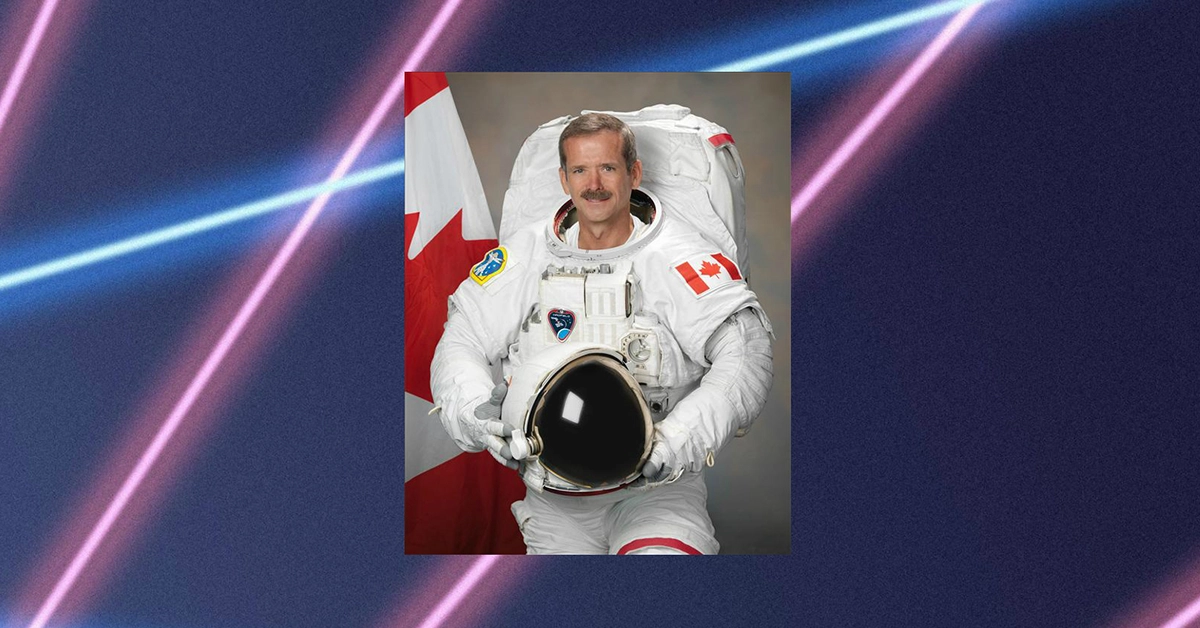On Oct.1, Colonel Chris Hadfield, a celebrated Canadian astronaut, musician, test pilot, and national treasure, spoke about the importance of pushing the boundaries of “impossible” at the Jubilee Auditorium.
A generation ago, setting foot on the moon was considered to be impossible. It was outside of the realm of what anyone at that time was able to do. The idea of going anywhere that wasn’t firmly attached to our own little rock was pure science fiction. To date, there have been 536 people to reach outer space, and that number is rising every year. The point is that impossible things happen.
“If you raise the bar high enough, people will change who they are to get over it,” Hadfield said. The idea that to achieve something you have to become a different person than you were before is slightly unsettling. After all, being told to change who you are seems almost impossible. However, Hadfield argues, we are always growing. The person you were as a child is like a stranger compared to who you are now. Deliberately changing in the face of adversity is the only way to advance.
There are currently two young Canadians training to become astronauts. Joshua Kutryk and Jennifer Sidey, both of whom are from Alberta, grew up with many of the same heroes that other young people are growing up with right now. From watching people like Chris Hadfield, Sidey and Kutryk both got to see what sort of “impossible” things can become possible. The next generation of space explorers will be able to see all of the impossible hurdles being faced today, and will be able to say, “I can do that.”
This sort of advancement in achieving the impossible comes from dedication and a lot of effort. “An impossible vision is realized through hard work and deliberate change … what used to be impossible becomes your new reality,” Hadfield said.
Hadfield had a few pieces of advice for anyone thinking of becoming an astronaut. First, choose a subject of study that is interesting and difficult. Proving that you’re able to learn difficult things is something that will put your chances above the rest of the crowd, he said.
His second piece of advice involved potentially altering your personality. You can’t be an astronaut if you’re afraid, said Hadfield. One out of 38 people die during a space launch. On one hand, most people probably wouldn’t go into work if they knew that one out of 38 people in the company was going to die. On the other hand, being able to put your own instincts of self-preservation on hold in order to increase your knowledge is maybe one of the most honourable things imaginable.
One of the best things to watch is someone speaking about something that they are not only educated in, but passionate about. Despite all his of his accolades and scientific accomplishments, Hadfield’s passions rest firmly in people. Specifically, he focuses on the work that others have done to make the world a more interesting and beautiful place to live.
Photo courtesy of the Canadian Space Agency. Edited.





0 Comments